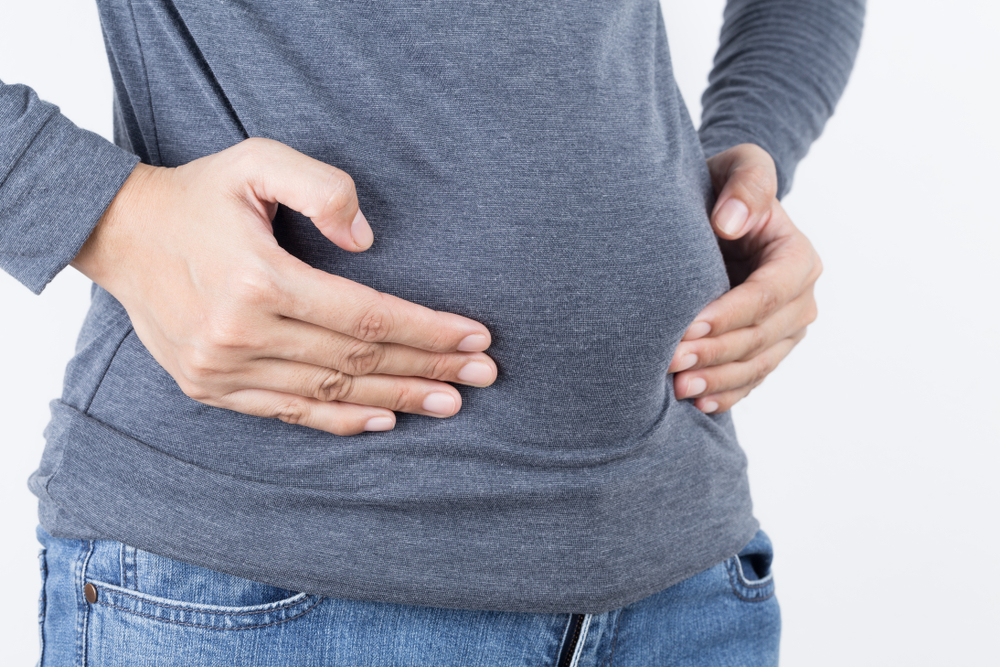Contents:
- Medical Video: Eight Lies The Narcissist Wants You To Believe
- 1. "Sports can burn calories from eating junk food"
- 2. "Eating after exercise will damage the exercise that has been done"
- 3. "Protein is healthy, so it can be eaten as much as we want"
- 4. "Eating fatty foods can make fat"
- 5. "Drinking coffee is not healthy"
- 6. "Eating meat is not good for your health"
Medical Video: Eight Lies The Narcissist Wants You To Believe
Lately, many people feel skilled in health and nutrition, so it is not uncommon for us to hear advice from friends or family about what is permissible or not to eat. But that doesn't mean everything you hear is true.
The following are examples of wrong assumptions about nutrition.
1. "Sports can burn calories from eating junk food"
Exercise may burn the calories you eat from junk food. But dangerous things are obtained from junk food not just excess calories. Artificial additives, for example, are found in processed foods and this can increase the risk of autoimmune diseases. Unfortunately this additive cannot be "burned" through exercise.
Remember, overall food quality is also important to note, not just the amount of calories.
2. "Eating after exercise will damage the exercise that has been done"
The calories you consume after exercise are not solely made you fat.
Actually, eating after exercising is important. After getting tired of exercising, the body will begin the recovery process. This recovery process is important for maintaining and forming muscle mass, increasing metabolism, and increasing your fitness level. For that, you need to eat food or are rich in nutrients needed by the body for recovery.
3. "Protein is healthy, so it can be eaten as much as we want"
The protein you consume will maintain and repair body tissues. But, if it exceeds the amount needed, excess protein can prevent weight loss, or even cause weight gain.
To get a good balance, include some protein in each meal, but don't overdo it. Regular eating times are also important to help your body maximize the protein you eat, because the body has to get protein throughout the day.
4. "Eating fatty foods can make fat"
Some people think that eating fatty foods can make the body fat. When in fact, if you consume it properly, this will actually help you to lose weight.
Fat is also needed by the body as one source of energy. Good fats can make you feel full, and vegetable fats such as olive oil, avocados, and nuts can increase appetite hormones. Vegetable fat has also been shown to reduce inflammation and increase metabolism, and is rich in sources of antioxidants.
5. "Drinking coffee is not healthy"
Coffee has always been considered not good for health. Coffee can indeed increase blood pressure slightly in the short term. However, long-term research shows that coffee can actually reduce the risk of some serious diseases, including:
- Have a 67% lower risk of developing type 2 diabetes
- Have a much lower risk of developing Alzheimer's and Parkinson's
- Has a lower risk of up to 80% of liver disease such as cirrhosis
Caffeine can help mobilize fatty acids from fat tissue, increase metabolism, and improve exercise performance. Caffeine can also improve mood, memory, and overall brain function.
Caffeine is also rich in antioxidants. But if you are too sensitive to caffeine and your sleep pattern is interrupted by caffeine in coffee, you can drink green tea which is also rich in antioxidants.
6. "Eating meat is not good for your health"
Meat is a very nutritious food because it contains vitamins, minerals, proteins, fats and various other nutrients that are important for the body and brain. Many people argue that meat can cause diseases, such as heart disease and type 2 diabetes. However, this has not been tested and has not been researched.
Unprocessed red meat has nothing to do with heart disease or type 2 diabetes. Sometimes red meat is also often associated with cancer, even though it hasn't been proven. The possibility is caused by excessive cuisine not because of the meat itself. Therefore, you should avoid processed meat that is burned.












